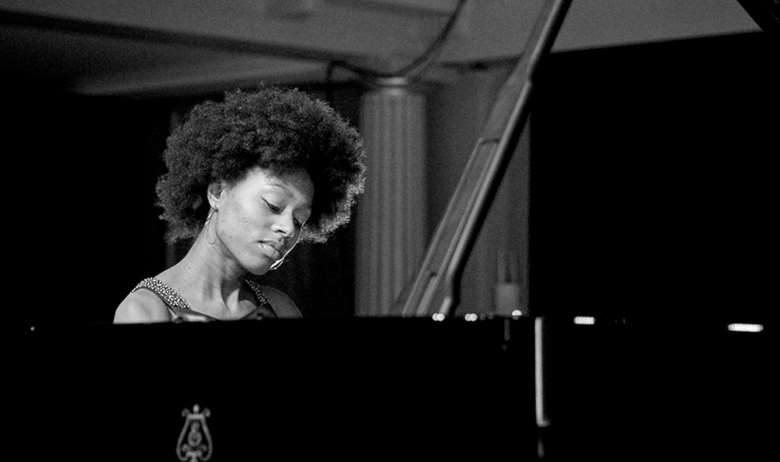'A mini music festival': Polyphonic Concert Club
Robert Hollingworth
Wednesday, March 10, 2021
I Fagiolini's Robert Hollingworth maps out a new online road trip of performances from the Polyphonic Arts Club


Register now to continue reading
Don’t miss out on our dedicated coverage of the classical music world. Register today to enjoy the following benefits:
- Unlimited access to news pages
- Free weekly email newsletter
- Free access to two subscriber-only articles per month